Elements of surprise key to glory
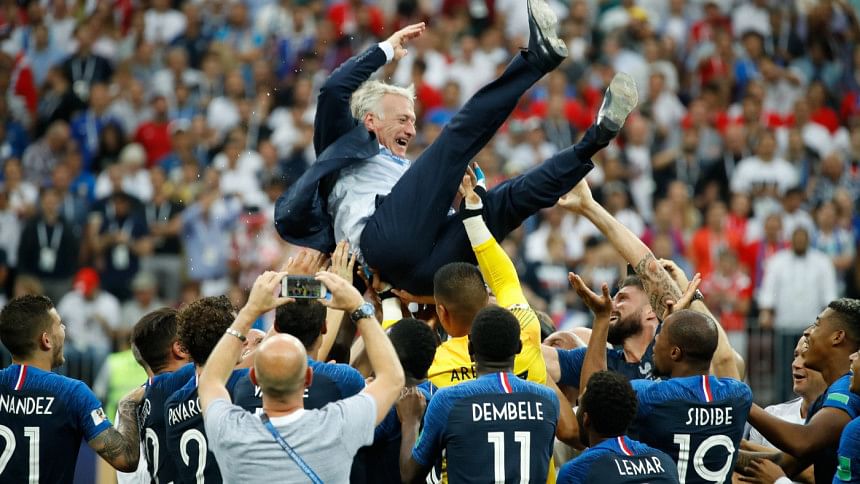
Long gone is the era when the World Cup would be the centre stage for teams to showcase tactical innovations after they had perfected their formulas prior to the event with several national footballers developing lasting on-field chemistry among themselves.
Over the past three decades, cramped schedules and heavy-cash injections at the club level -- the latter leaving left national stars more susceptible to featuring in foreign lands -- have resulted in tactics displayed at the quadrennial event becoming a shadow of the game's evolution at the club level, in Europe to be precise.
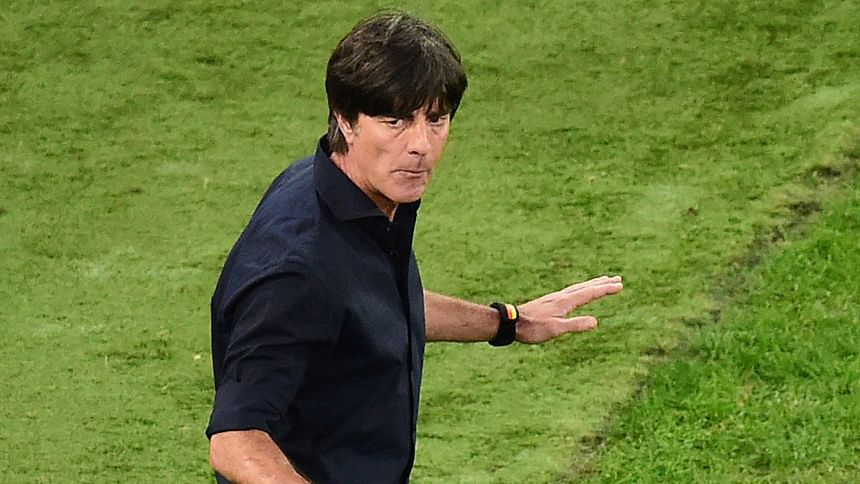
It is no coincidence that a non-European team last won the World Cup 20 years ago, with Brazil tasting glory in Korea-Japan. However, if we rewind from 2002, the pattern of the winners basically oscillated from Europe to South America. At present, even if the FIFA Rankings show Brazil at the top and Argentina in third, the third-best American team in Mexico happen to occupy the 13th spot.
Europe's influence on the game began with the unprecedented tactical impact Hungary, led by Ferenc Puskas, made in the 50s. The Magical Magyars introduced a striker-less false nine formation and a prototype version of the Total Football that the Johan Cruyff-led Dutch side of the 70s perfected.
Interestingly, although Puskas and Cruyff's team were denied World Cup glory, their core football ideologies came back in full force in the mid-2000s, courtesy of Spain.
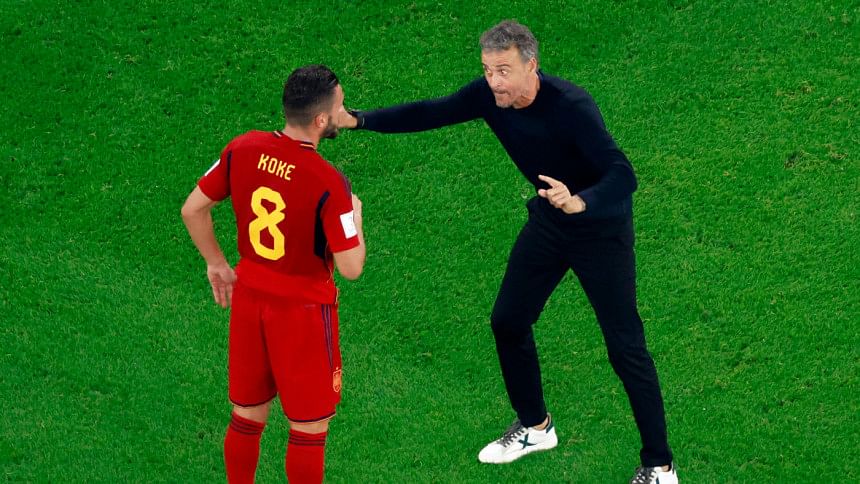
Spain's dominance was felt throughout Europe with their triumph in Euro 2008 before they sent shockwaves throughout the globe by winning their maiden World Cup in 2010. Coach Vicente Del Bosque had built on the works of his predecessor, Luis Aragones, and at times it seemed like the show ran in auto-pilot mode.
Overloading the midfield, working in tight triangles and obsessing over possession did the trick in 2010, and how Germany had no answer during their 1-0 defeat against Spain in the semifinal was an advertisement for tiki-taka.
Moreover, the impact a core of national footballers playing in the same club side had made was there for all to see; such was the superior chemistry among the Spaniards, a majority of whom featured for FC Barcelona.
Germany, however, had learned their lessons and were wise enough to integrate those new elements into their game for evolution's sake. Instead of panicking, they kept their trust in Joachim Loew, at the helm since 2006, and he went on to guide his charges to glory in 2014.
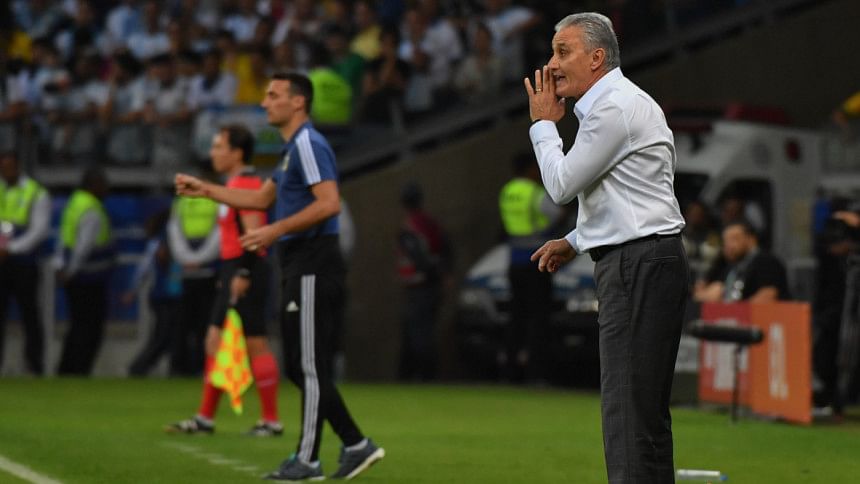
In accordance with the latest winning formula, the World Cup-winning German side had a core of players with the experience of playing in the same club side in Bayern Munich. The football the Germans played in Brazil was unlike any of their traditional versions, aided by goal-keeper Manuel Neuer revolutionising the role of a sweeper-keeper to allow his side to morph formations and, as a result, create overloads during offensive transitions.
However, it was a Dutch side coached by Louis van Gaal, himself a proponent of Total Football, who humiliated Spain 5-1 with just 36 per cent possession, riding on a fast counter-pressing style in 2014. Spain suffered from tactical stagnation as failure to reinvent led to predictability -- a fate shared with world champions of the past and immediate future.
Almost inevitably, counter-attacking came back to the fore while counter-pressing tactics -- based on principles of pressing high up to win possession as close to the opposing goal as possible -- rose to prominence.
France were, thus, in cruise control in the 2018 World Cup, with the pace offered by their forwards upfront backed by technically gifted and tactically sound teammates. The French modus operandi had unsurprisingly complemented how the European club powerhouses, like Real Madrid, achieved success in the Champions League around that period.
Like Germany in 2014, the success of France was another case in point to what a side can achieve with a long-serving coach guiding them. Didier Deschamps, appointed in 2012, knew what winning the World Cup was all about, having tasted glory as a player in 1998, and France under his watch operated like mean machines in 2018.

France, however, will have to ride against the 'Champions Curse' this time as all defending champions this millennium, barring Brazil in 2006, have failed to make it out of the group stage. The painful exit of Germany in 2018, with Loew still in charge, mirrored that of Spain.
Furthermore, as teams like Argentina and Brazil are set to arrive in Qatar having improved leaps and bounds compared to four years ago and with tactically sound coaches shepherding a stable group of quality players, European giants cannot afford to have an off-day in the knockouts.
Trends over the decade and a half show what has worked wonders in the immediate past may become ineffective in the near future. The idea is to not become predictable, irrespective of the group's clarity of tactical understanding.
With everyone playing catch-up, with teams equally well-equipped to deal with modern counter-attacking football and its many variants, faster and sharper than ever, just form and fitness may not be enough. The ability to tactically tinker and bring surprise elements could prove to be decisive, especially as the greatest show on earth approaches climax.

 For all latest news, follow The Daily Star's Google News channel.
For all latest news, follow The Daily Star's Google News channel. 




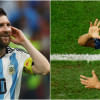


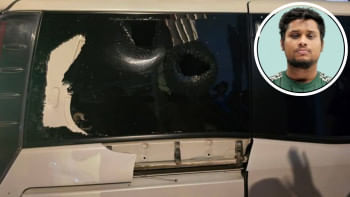
Comments